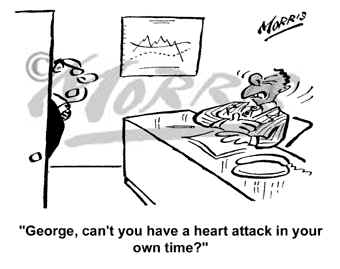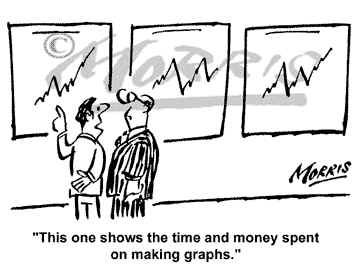It's
Labor Day! Organized Labor's Contributions
Are Easily Forgotten, if They Were Ever Learned.
That Is A Real Peril Today!
For most Americans, Labor Day is just a 3 day
weekend with lots of barbequed hot
dogs. It should be a lot more.
We should rememeber organized labor's contributions
if only because the American worker again
is fast becoming dangerously over-worked
and dangerously under-paid.
What's more, yours may be the next job they send overseas or the next job that is
"outsourced" to a
"contract employee" company that pays nothing into your retirement fund
and offers you no health insurance.
Already 40 million Americans have no health
imsurance. Though they are working,
they simply cannot afford it.
Americans forget, if they were ever taught, that Big Capital did not voluntarily
agree to a 40 hours work week, the
abolition of child labor and laws to protect workers
from hazardous employment conditions.
They fought every attempt to permit workers
to organize without reprisal. And
they opposed, and still, oppose the right of unions to make
campaign contributions, even though Big
Business campaign contributions dwarf
those of unions. These victories
for basic human rights, that many of us now take
for granted, were won for all Americans
because of organized labor's efforts and
sacrifices.
Fifty years ago more than one third of all Americans were members of a
Union. Now only one worker in twelve
outside of government is a member of
a union. Walter Reuther and John L. Lewis were household names
whom Presidents
had to consider. What Lewis said
sixty years ago is, oh, so relevant today.
"The union miner cannot agree to the acceptance of a wage
principle which will permit his
annual earnings and his
living standards to be determined by the hungriest unfortunates
whom the non-union
operators can employ."
Why now is only 1 in 12 workers in the private sector a
member of a union? Why
have real-time real wages gone steadily down?
Why have the hours worked per week
risen steadily? Technology and computers,
in particular, were supposed to be
liberating forces that would give us all more
freedom to grow as individuals and
time to spend with our families and friends?
Many blame Clinton for
letting Amercian companies send millions and millions of
manufacturing and service jobs overseas.
Clinton, they say, put the interests of Wall Street
ahead of Main Street. Others blame
Ragan for when he fired the unionized Air Traffic
controllers. Still others blame it
on CEO greed. Remember when Michael Douglas'
character in the movie "Wall Street"
said "Greed is Good!". Why should a Michael Eisner
or anyone else be paid almost a trillion
dollars for twenty one year's work? Why should the
average CEO get $14.78 million a
year in compensation, while average hourly
earnings are declining for workers?
CEO Pay Is Now Absurdly Greedy and Obscene.
The
Shareholders Are Left Holding The Bag.
Consider the case of Blackstone Group. This is
an investment banker. Its
top
five
executives earned a combined $771 million in 2006. It expects to report
significant
losses when its past earnings are set forth. In an age of
conspicuous
splendor,
Blackstone's Schwartzman 's gilded lifestyle
has even been rebuked in
the
Wall Street Journal. Since going public, the stock has fallen and fallen
some
more.
Clearly its executives have sucked the company dry.
BX
- Blackstone Group.
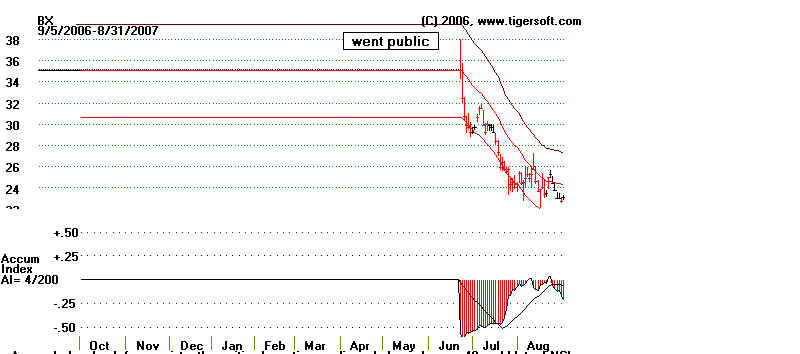
The
Blackstone Group has devised a way for its partners to effectively avoid
paying taxes on $3.7 billion,
the bulk of what it raised last month from selling shares
to the public. According to a
report in The New York Times, although Blackstone
will initially pay $553
million in taxes, the partners will get that back, and about $200
million more, from the
government over the long term.
Without Organized Labor there is not much chance of a concerted effort to
rectify or reform the huge
imbalances between workers and CEOs. Certainly,
there are no signs of
self-restraint among CEOs. CEO generosity is all too often
PR tokenism. Warren
Bufferr told Lew Dobbs:
 "Rich people are doing so well in this country. I mean,
"Rich people are doing so well in this country. I mean,
we never had it so good... It's class warfare, my class is winning,..Just take the estate
tax,
less than 2 percent of all estates pay any tax. A couple million people die every year,
(now only) 40,000 or so estates get taxed..."
As Lew Dobbs said, most Democrats went along with the cut in estate taxes
and at the same time voted for the new
pro-Bank Bankruptcy Law.
(Source: http://www.cnn.com/2005/US/05/10/buffett/index.html
)
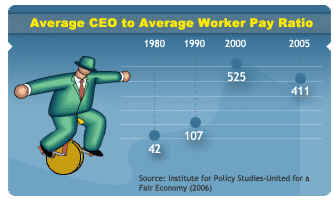
CEO pay is set by Boards of Directors. Clearly these people are paying top
executives far more than is required to retain their services. This pay is at the
expense of
both workers and shareholders. Often departing CEOs are paid fabulous
sums even
though their companies did poorly. Such may be said of Henry McKinnel
of Pfizer
and Rovert Nardell of Home Depot. Each received exit packages worth more
than $200
million... The best source of this information is not the Wall Street Journal,
but the
AFLCIO. See http://www.aflcio.org/corporatewatch/paywatch/pay/index.cfm
More info
can be found at:
http://www.cipa-apex.org/toomuch/articlenew2006/ExecPayin2005.html
Company
CEO
Pay
Total Pay
| Yahoo! |
Terry Semel |
$71,660,216 |
$751,000,000 |
|
|
| XTO Energy |
Bob Simpson |
$59,489,924 |
$1,860,000,000 |
|
|
| Goldman Sachs |
Lloyd Blankfein |
$54,300,000 |
$9,537,000,000 |
|
|
| Occidental Petroleum |
Ray Irani |
$52,822,584 |
$4,182,000,000 |
|
|
| Merrill Lynch |
E. Stanley O’Neal |
$46,375,347 |
$7,499,000,000 |
|
|
| Danaher |
H. Lawrence Culp, Jr. |
$46,215,671 |
$1,122,000,000 |
|
|
| Countrywide Financial |
Angelo Mozilo |
$42,994,306 |
$2,674,000,000 |
|
|
| Morgan Stanley |
John Mack |
$41,400,000 |
$7,472,000,000 |
|
|
| Ford |
Alan Mulally |
$39,128,100 |
$1,540,000 |
|
|
| Apollo Group |
Todd Nelson |
$32,626,442 |
$415,000,000 |
|
|
| AT&T |
Edward Whitacre |
$31,765,761 |
$7,356,0 |
|
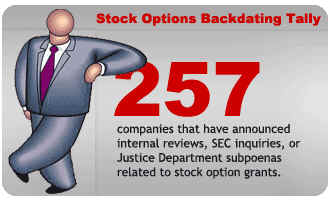
On two thirds of American corporations, the CEO is is the Chairman of the
Board of
Board of Directors. CEOs exercise preponderant influence in the selection
of most
Board members. Under existing proxy rules, CEO designated candidates
can becomes
members of the Board even when a majority of shareholders withhold
support.
CEOs and incumbent directors can freely spend th corporation's treasury
to get
re-elected, while challengers must often pay millions to mount costly proxy
contests.
So much for CEOs being responsiblle to shareholders. In Germany, Sweden
and
Austria, labor automatically gets seated on the Board of Directors.
See "MITBESTIMMUNG "
or "CO-DETERMINATION"
The Securities and Exchange Commission
must do more to protect shareholders.
It had
recently beefed up CEO pay disclosure, but then back-pedaled away
from it,
especially in the
area of
options.
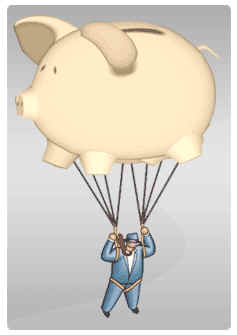 CEOs and their
minions of the Boards of Directors CEOs and their
minions of the Boards of Directors
don't want unions. They don't want
criticism. They want to steal the company's net worth
without being caught or held responsible.
They want the current trends to greater and
greater inequality of pay to continue.
The CEOs and the business press say more unions will
hurt stock prices and American competitiveness.
Such claims disregard a lot of history.
One of the reasons for the Great Depression was
because the stock market and
investment got too far ahead of the buying
power of consumers, most of whom
were workers.
 What You Can Do What You Can Do
Urge your
senator to support Sen. Obama’s executive compensation bill.
Sen. Barack Obama (D-Ill.) has just
introduced S. 1181, the Shareholder Vote on Executive
Compensation
Act, to require that public companies submit executive pay plans to a
nonbinding shareholder vote. This reform will give
shareholders a "Say on Pay" at their
companies.
Giving shareholders a voice in the executive compensation process will encourage
boards of directors to consider shareholder interests
before approving a questionable
compensation
plan. Contact the SEC to voice your support for director
accountability.
Globalization, Lower
Pay and Trade Union Weakness in The US
Globalization is
teaching all American workers the relevance of what Lewis warned.
Most large American companies now
routinely threaten to send their work overseas.
It is clear, if Americans want to keep
their jobs, they must work longer for less and disavow
the idea of real collective bargaining.
Like it or not, a public backlash against
"free" trade is building. This could easily
create the equivalent of the Smoot Hawley Tariff of 1930, which is often blamed for
making
the US stock market Crash into a World Wide
Depression.
FT/Harris poll below surveyed more than 1,000
people online in each of 5 European countries and the USA.
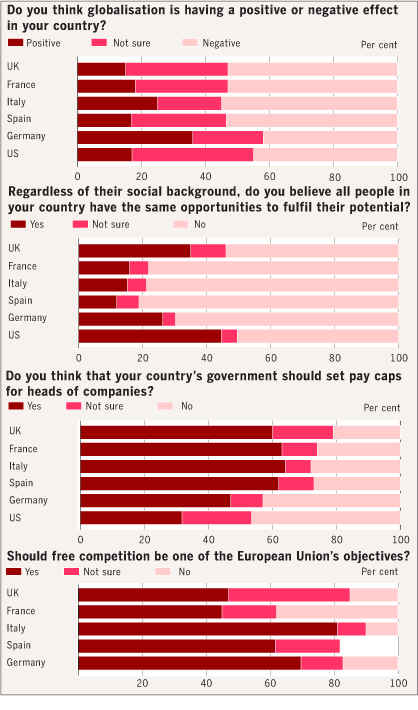
"In response to fears of
globalisation and rising inequality, the public in all the rich countries
surveyed – the US, Germany, UK,
France, Italy and Spain – want their governments to increase
taxation on those with the highest
incomes. In European countries, a large majority want
governments to go further and to impose
pay caps on the heads of companies."
(Source: Published: July 22 2007
http://www.ft.com/cms/s/0/2a735dd0-3873-11dc-bca9-0000779fd2ac.html
)
Since the 1890's Labor has demanded a 40 hour day. The New Deal made this
the law in 1940. But now it's a
fiction for many. We have lost ground since about 1950.
The truth is that to have a
"middle-class" lifestyle in the US, it takes more than one job
for most non-Unionized workers. And
adminstrative and executive jobs regularly require a
45 or 50 or 60 hour work week.
"Over the last 30 years, middle-income
couples with kids have added an average of 20 weeks
of work, the equivalent of five
more months a year. In other words, fathers who worked a lot of hours
before are still working a lot of hours. But mothers who used to stay at home or work part
time are
now far more likely to be working full time... A 1997 survey by the nonprofit Families and
Work
Institute found that employed fathers with children worked an average of 50.9 hours a
week, while
employed mothers with children worked an average of 41.4 hours a week."
(Source: http://seattletimes.nwsource.com/html/businesstechnology/2001839155_longhours18.html
)
 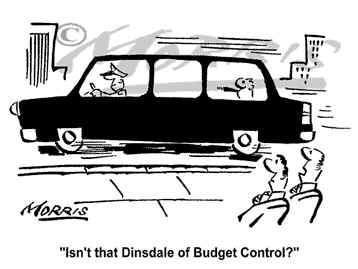
The rise in worktime in America has been
gradual. American workers, when
surveyed, report that
they have only 16 1/2 hours of leisure a week. They work
longer hours than they
did 40 years ago and now, perhaps, more than they did
in the 1920s. "U.S.
manufacturing employees currently work 320 more hours—the equivalent
of over two
months—than their counterparts in West Germany or France." Productivity
has risen every year in
the US, but five and productivity is per hour worked is
more than twice what it
was in 1948. American are sleeping an hour to an hour
and a half less than
optimal health would require. Marriages and child-rearing
suffer, of course, too.
(Source:
Juliet B. Schor, "THE OVERWORKED
AMERICAN" (1991) http://users.ipfw.edu/ruflethe/american.html
)
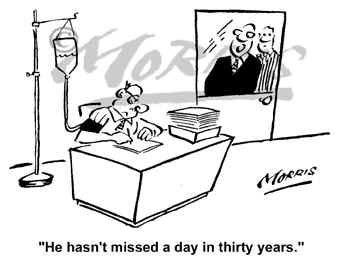 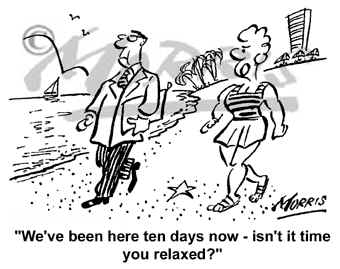
The
decline of organized American Labor is both a direct cause and a direct result
of the ascendancy of the Wall Street in political
thinking by both political parties. When we
review the rise of stock prices from 1948 to 1966 and
then from 1982 to 2007, we should
realize that this has not come without a price.
And the cost to the Amercian worker is not
yet fully calculated. Strong unions helped America win World War II. And strong unions are
not
preventing bull markets in Western European
countries.
Your Vacation Too Short?
Americans with full-time jobs now average 3.9 weeks a year in vacation and paid
holidays
combined. Workers in Germany,
Italy, Austria, Denmark, and the Netherlands average nearly twice
as much paid time off a year.
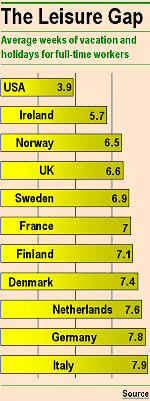 http://www.cipa-apex.org/toomuch/weeklies2006/July312006.html http://www.cipa-apex.org/toomuch/weeklies2006/July312006.html
The other "advanced" industrialized countries have a far
higher percentage of their
workforce in Unions. Union
members as % of all employees. Figures are for 2000.
#1 Sweden 82%
#2 Finland
76%
#3 Denmark 76%
#4 Norway 57%
#5 Belgium 53%
#6 Ireland
45%
#7 Austria
37%
#8 Italy
35%
#9 Canada
30%
#10 United Kingdom 29%
#11 Germany :
26%
#12 Australia
25%
#13 Netherlands 25%
#14 New Zealand 22%
#15 Japan :
22%
#16 Switzerland 22%
#17 United States 13%
 Case
Studies
Case
Studies
Read case studies about
CEOs at
Apple,
Caremark
Rx,
Home
Depot,
KB
Home,
Pfizer
Inc.
and UnitedHealth
Group.
|


 "Rich people are doing so well in this country. I mean,
"Rich people are doing so well in this country. I mean, 
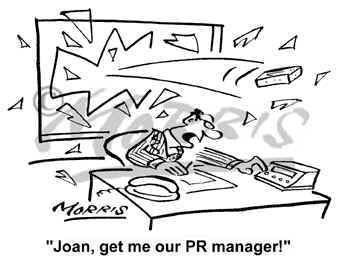
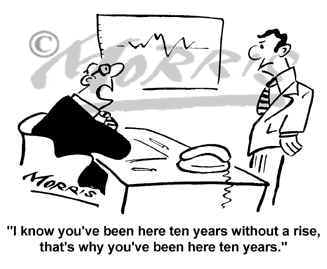
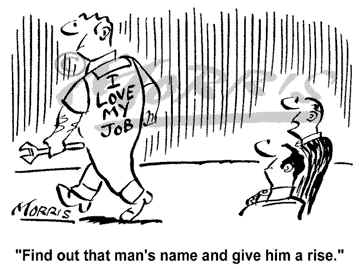
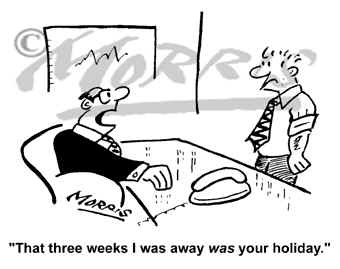

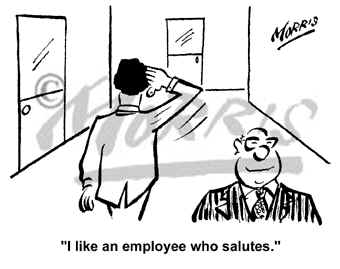


 CEOs and their
minions of the Boards of Directors
CEOs and their
minions of the Boards of Directors







